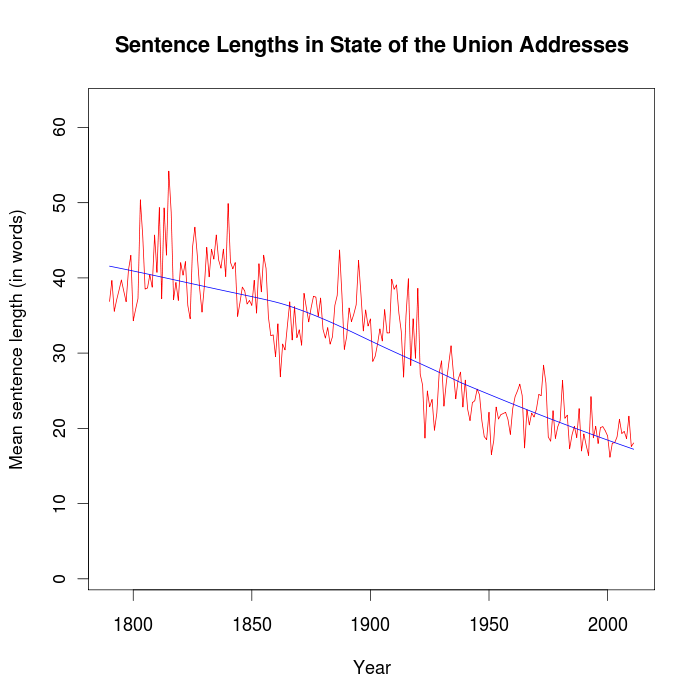English Language Learners
English Language Learners
A room to talk about English, linguistics, or anything you want! But remember this is a public room: do not give out personal contact information here.
3512d ago – Anonymous
244
export all events for this room
Starred posts
Anonymous
Anonymous
Anonymous
Anonymous
Anonymous
Anonymous
Anonymous
Anonymous
Anonymous
Anonymous
Anonymous
Anonymous
Anonymous
Anonymous
Anonymous
Anonymous
Anonymous
Anonymous
Anonymous
Anonymous
Anonymous
Anonymous
Anonymous
Anonymous
Anonymous
Anonymous
Anonymous
Anonymous
Anonymous
Anonymous
Anonymous




